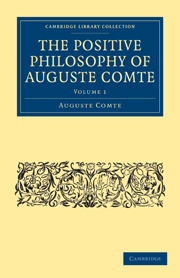CHAPTER II - BAROLOGY
Published online by Cambridge University Press: 29 August 2010
Summary
Notwithstanding the advanced state of our means for the study of Barology, we have no complete theory of weight, but only fragmentary portions of a theory, dispersed through treatises on rational mechanics or physics. It will be of great advantage to bring them together.
Divisions
The division of the subject is into two principal sections; subdivided into three; the Statical and Dynamical consideration of weight, in its application to solids, liquids, and gases. Both philosophically and historically, this division is indicated.
STATICS
Statics of Gravity
History
Taking the statics of gravity first, we must point out that we owe our elementary notions of positive barology to Archimedes. He first clearly established that the statical effort produced in a body by gravity,—that is, its weight,—is entirely independent of the form of the surface, and depends only on the volume, as long as the nature and constitution of the body remain unchanged. This may appear to us very simple; but it is not the less the true germ of a leading proposition in natural philosophy, which was perfected only at the end of the last century; namely, that not only is the weight of a body independent of its form, and even of its dimensions, but of the mode of aggregation of its particles, and of all variations which can occur in their composition, even by the different vital operations; in a word, that this quality is absolutely unalterable, except by the circumstance of its distance from the centre of the earth.
- Type
- Chapter
- Information
- The Positive Philosophy of Auguste Comte , pp. 232 - 240Publisher: Cambridge University PressPrint publication year: 2009First published in: 1853

